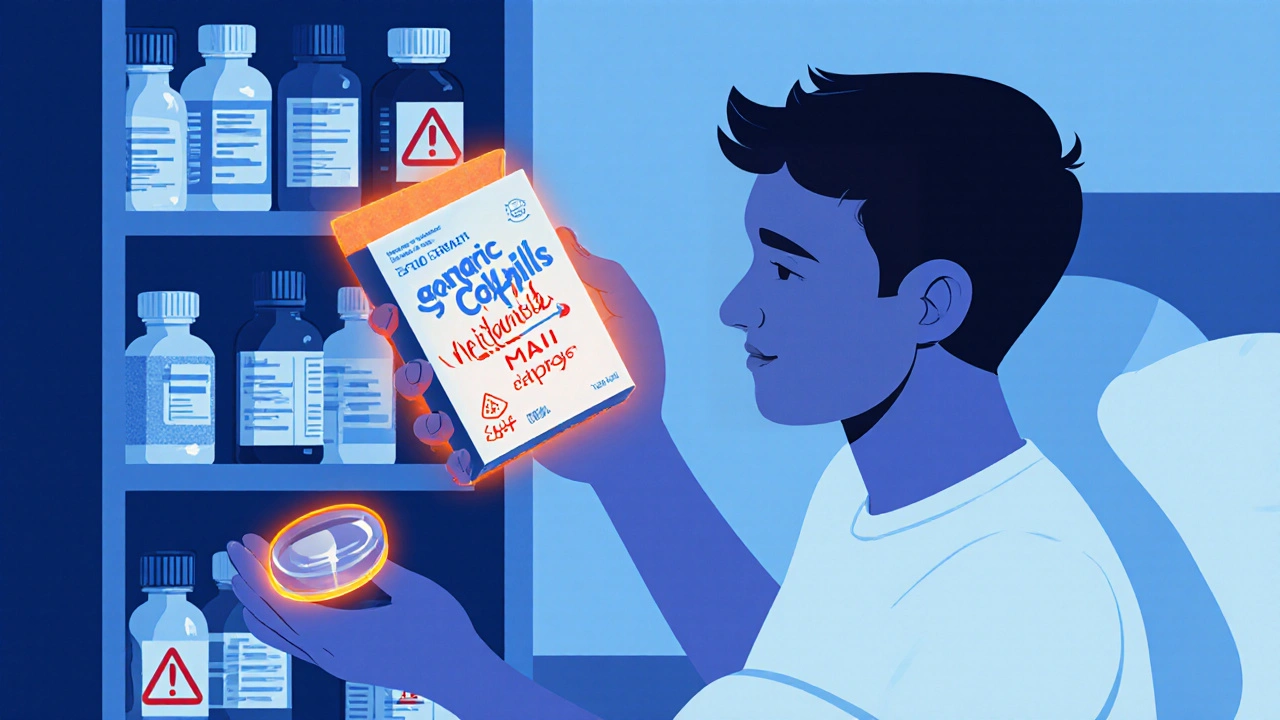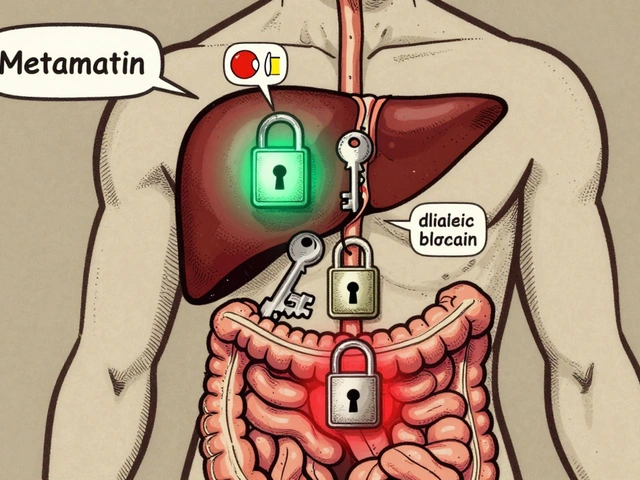OTC Cold Medicines: What Works, What to Avoid, and How to Choose Safely
When you’ve got a runny nose, sore throat, or that stubborn cough, OTC cold medicines, over-the-counter drugs designed to ease common cold symptoms without a prescription. Also known as cold relief medications, they’re the first line of defense for millions—but not all of them are worth taking. Many people grab whatever’s on the shelf, assuming it’ll help. But some products do more harm than good, especially when mixed with other meds or taken for too long.
Take decongestants, drugs like pseudoephedrine and phenylephrine that shrink swollen nasal passages. They work—for a few hours. But if you use them longer than three days, your nose gets worse when you stop. That’s rebound congestion. And if you have high blood pressure? These can spike your pressure dangerously. Then there’s antihistamines, medicines like diphenhydramine or chlorpheniramine that dry up mucus but also make you drowsy. They’re great for nighttime use, but terrible if you need to drive or work. And don’t assume ‘non-drowsy’ means safe—some still mess with your heart or liver.
Then there’s the cough stuff. Cough suppressants, like dextromethorphan, aim to quiet your cough reflex. But if you’re coughing to clear mucus, suppressing it might trap germs. And if you’re taking antidepressants or painkillers? Dextromethorphan can trigger serotonin syndrome—a rare but life-threatening reaction. Even multi-symptom cold formulas, those pills that promise to treat everything at once, are risky. You might accidentally double up on acetaminophen, which can wreck your liver. Or take too much pseudoephedrine because you didn’t realize your pain reliever already had it.
There’s no magic pill for the common cold. Your body fights it. But smart choices can make the ride smoother. You don’t need every ingredient on the label. Sometimes, just a saline spray, honey, and rest do more than any combo pack. And if you’re on other meds—like for diabetes, heart issues, or anxiety—what seems harmless could be dangerous.
Below, you’ll find real comparisons of what’s actually effective, what’s overhyped, and what to avoid based on your health, your symptoms, and what else you’re taking. No marketing. No guesswork. Just clear, practical info to help you pick the right one—or skip it altogether.

Learn how MAOIs interact with over‑the‑counter cold medicines, causing hypertensive crises or serotonin syndrome, and discover safe alternatives plus a practical patient‑education checklist.
Continue Reading





